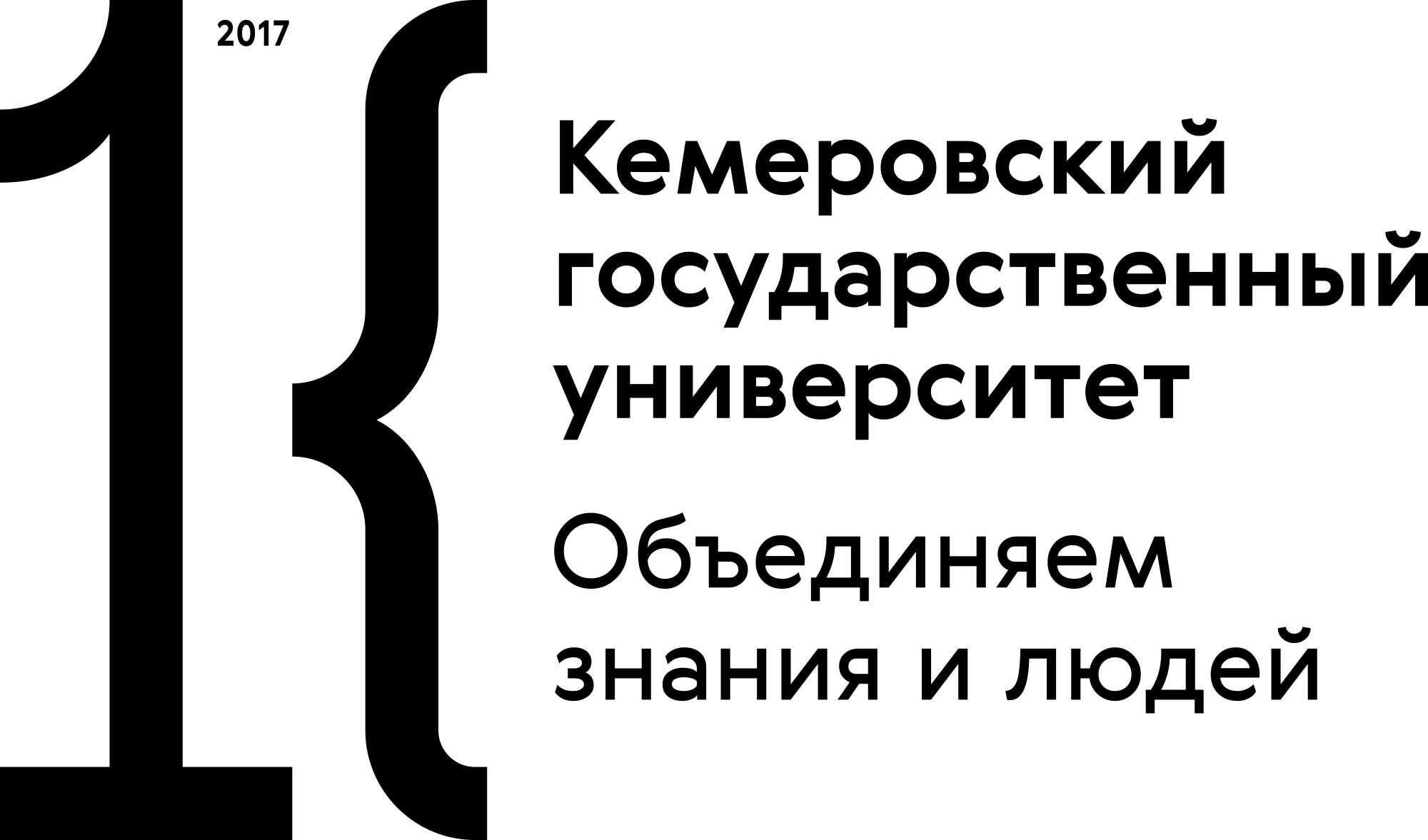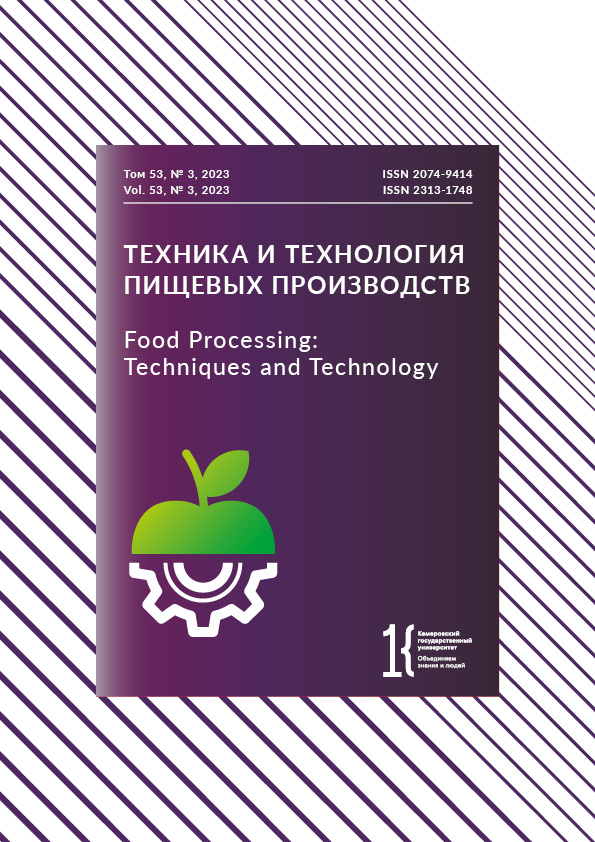Novosibirsk, Russian Federation
Novosibirsk, Russian Federation
Krasnoobsk, Russian Federation
Grain milling is one of the most complex and energy-consuming procedures in the technology of concentrated mixed fodders. Unfortunately, manufacturers provide hammer grain crushers only with technical characteristics, supplying neither technological nor economic performance indicators, which makes it difficult for consumers to select the optimal machine. The article introduces a classification of hammer grain crushers and a methodology for assessing their energy efficiency. The design, technical, and economic indicators of agricultural hammer crushers were obtained by calculation and analysis of specific metal intensity and energy consumption. The data pool consisted of technical and economic indicators of domestic and foreign hammer crushers, divided into mechanical and pneumatic ones by the type of loading. The classification relied on the following properties: the type of design, working chamber, feeding, removal, and orientation of the rotor shaft; the presence or absence of grates and decks; the number of stages and discs. The classification was structured as a table of technical and economic indicators for different types and brands. The authors introduced a complex performance index to assess the efficiency of pneumatic and mechanical grain crushers. It took into account the metal consumption and energy consumption. For pneumatic and mechanical hammer crushers with a productivity of ≤ 1, 1–3, 3–5, 5–10, and ≥ 10 t, the index varied from 0.1 to 2.22 (kWt/h/tm)/t: the more efficient the crusher, the lower the index value. The complex performance index and its graphical representation simplify the selection procedure for the consumer. The results obtained demonstrate the improvement prospects for hammer crushers design.
Grain, grain crushing, hammer crusher, pneumatic hammer crusher, mechanical hammer crusher, energy efficiency, specific metal consumption, specific energy consumption, performance
1. Sabiev UK, Soyunov AS, Myalo VV, Yatsunov AN. Theoretical description of the motion of a material particle in pan vibrating batchers for agricultural purposes. IOP Conf. Series: Earth and Environ. Sci. 2022;954:012067. https://doi.org/10.1088/ 1755-1315/954/1/012067
2. Brodziak A, Król J, Nowaczek A. Naturalne substancje pochodzenia roślinnego negatywnie oddziałujące na zdrowie krów oraz jakość mleka. Zywnosc. Nauka. Technologia. Jakosc. 2017;24(1):33–47. [Brodziak A, Król J, Nowaczek A. Natural substances of plant origin adeversely affecting health of cows and milk quality. Food. Science Technology. Quality. 2017; 24(1):33–47. (In Polish)] https://doi.org/10.15193/zntj/2017/110/171
3. Vaculík P, Maloun J, Chládek L, Přikryl M. Disintegration process in disc crushers. Research in Agricultural Engineering. 2013;59(3):98–104. https://doi.org/10.17221/28/2012-RAE
4. Sysuev V, Savinyh P, Aleshkin A, Ivanovs S. Simulation of elastic deformation propagation of grain under impact crushing in crusher. Proceedings of the 15th Intern. Sci. Conf. Jelgava, 2016;15:1065–1071. https://elibrary.ru/WPFONF
5. Dal-Pastro F, Facco P, Bezzo F, Zamprogna E, Barolo M. Data-driven modelling of milling and sieving operations in a wheat milling process. Food and Bioproducts Processing. 2016;99:99–108. https://doi.org/10.1016/j.fbp.2016.04.007
6. Bayram M, Öner MD. Bulgur milling using roller, double disc and vertical disc mills. Journal of Food Engineering. 2007;79(1):181–187. https://doi.org/10.1016/j.jfoodeng.2006.01.042
7. Savinyh P, Isupov A, Ivanov I, Ivanovs S. Research in centrifugal rotary grinder of forage grain. Proceedings of the 20th Intern. Sci. Conf. Jelgava, 2021;20:205–211. https://doi.org/10.22616/ERDev.2021.20.TF044
8. Volkhonov M, Abalikhin A, Krupin A, Maksimov I. Studying the operational efficiency of the centrifugal-impact feed grain crusher of the new design. Eastern-European Journal of Enterprise Technologies. 2020;5(1):44–51. https://doi.org/https://doi.org/10.15587/1729-4061.2020.212994
9. Sukhoparov A, Papushin E, Ivanov I, Plotnikova Y. Rotary-centrifugal shredder for forage preparation. E3S Web of Conferences. 2020;222:01020. https://doi.org/10.1051/e3sconf/202022201020
10. Astanakulov KD, Fozilov GG, Kurbanov NM, Adashev BSh, Boyturayev SA. Grinding of the grains according to parameters of hummers in double-staged grinder-crusher. IOP Conf. Series: Earth and Environ. Sci. 2020;614:012129. https:// doi.org/10.1088/1755-1315/614/1/012129
11. Savinyh P, Nechaev V, Nechaeva M, Ivanovs S. Motion of grain particle along blade of rotor fan of hammer crusher. Proceedings of the 15th Intern. Sci. Conf. Jelgava, 2016;15:1072–1076. https://elibrary.ru/WPGECF
12. Savinyh P, Shirobokov V, Fedorov O, Ivanovs S. Influence of rotary grain crusher parameters on quality of finished product. Proceedings of the 17th Intern. Sci. Conf. Jelgava, 2018;17:131–136. https://doi.org/10.22616/ERDev2018.17.N158
13. Iskenderov R, Lebedev A, Zacharin A, Lebedev P. Evaluating effectiveness of grinding process grain materials. Proceedings of the 17th Intern. Sci. Conf. Jelgava, 2018;17:102–108. https://doi.org/10.22616/ERDev2018.17.N147
14. Savinyh P, Kazakov V, Moshonkin A, Ivanovs S. Investigations in feeding device of grain crusher. Proceedings of the 18th Intern. Sci. Conf. Jelgava, 2019;18:123–128. https://doi.org/10.22616/ERDev2019.18.N165
15. Yalpachyk E, Budenko S. Balance of power and energy efficiency grain crusher. Praci Tavria State Agrotechnological University. 2013;13(1):218–226.
16. Yalpachik O. Ground of parameters and operation modes grain-growing crusher of direct blow. Praci Tavria State Agrotechnological University. 2013;13(7):42–56.
17. Gvozdev A, Yalpachik A. Experimental researches of distribution of grain on chamber of crushing of crusher with vertical rotor. Praci Tavria State Agrotechnological University. 2012;(12)3:102–108.
18. Thomas M, Hendriks WH, van der Poel AFB. Size distribution analysis of wheat, maize and soybeans and energy efficiency using different methods for coarse grinding. Animal Feed Science and Technology. 2018;240:11–21. https://doi.org/https://doi.org/10.1016/j.anifeedsci.2018.03.010











